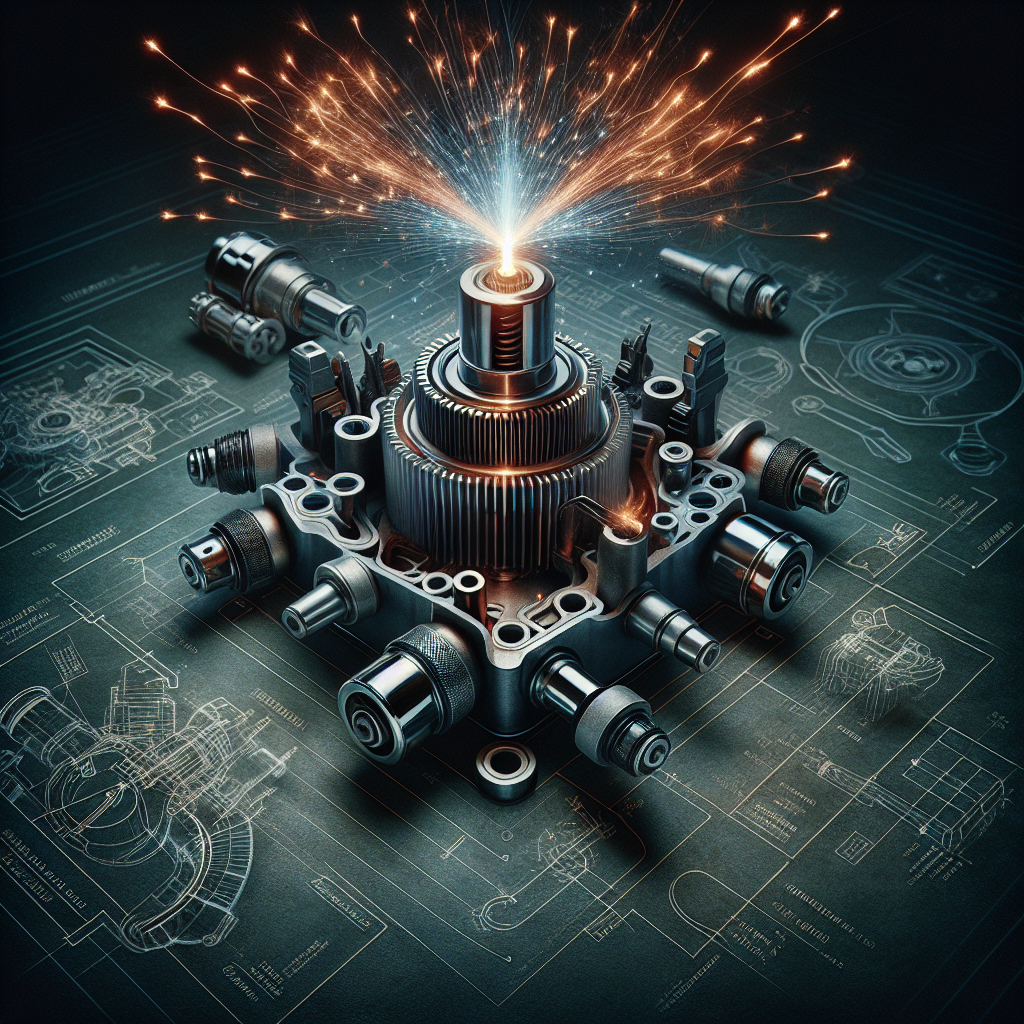The ignition coil is a crucial component in modern engines, serving an essential role in the ignition system. Its primary function is to convert a vehicle’s low voltage into the thousands of volts necessary to create a spark in the spark plugs, igniting the air-fuel mixture within the engine cylinders. Without a properly functioning ignition coil, your vehicle’s engine would fail to start or perform efficiently.
In older vehicles, ignition systems were relatively simple, relying on contact points and a rotor to distribute the high voltage generated by a single ignition coil to the appropriate spark plug. However, modern vehicles often incorporate more advanced technology, such as coil-on-plug (COP) systems, which use individual coils for each spark plug. This innovation has significantly improved the efficiency, performance, and reliability of the ignition system.
One of the primary reasons ignition coils are so vital to engine performance lies in their role in optimizing combustion. Properly timed and powerful sparks ensure that the air-fuel mixture burns completely, resulting in maximum power output and fuel efficiency. Incomplete combustion can lead to a host of issues, including reduced engine performance, higher emissions, and increased fuel consumption. In turn, this can contribute to higher operating costs and environmental impact.
Another key advantage of modern ignition coil systems is their ability to adapt to varying engine conditions. Advanced ignition systems can adjust the timing and strength of the spark based on factors such as engine load, temperature, and speed. This ensures optimal combustion and performance under a wide range of operating conditions, which not only improves fuel economy but also reduces the potential for engine knocking and other harmful conditions.
Moreover, the quality of ignition coils plays a critical role in the overall health of an engine. High-quality coils provide consistent performance and durability, reducing the likelihood of misfires, hard starts, and other ignition-related issues. Conversely, faulty or worn-out ignition coils can cause a range of problems, from poor fuel economy and rough idling to engine stalling and difficulty starting. Regular maintenance and timely replacement of ignition coils are essential to ensure your vehicle’s engine runs smoothly and efficiently.
For automotive enthusiasts and DIY mechanics, understanding the role and significance of the ignition coil can be incredibly beneficial. Knowing how to diagnose potential ignition coil issues can save you time and money on repairs. Common signs of a failing ignition coil include engine misfires, a decline in fuel efficiency, difficulty starting the engine, and even a check engine light. If you notice any of these symptoms, it’s essential to inspect and test the ignition coil to determine if a replacement is necessary.
It’s also worth noting that advancements in ignition coil technology continue to emerge. New materials and design improvements are constantly being developed to enhance the performance and longevity of ignition coils. Investing in high-quality, modern ignition coils can be a worthwhile decision for those looking to ensure the long-term health and efficiency of their vehicles.
For more detailed information on the importance of ignition coils and how they function, you can consult resources like CarsDirect’s guide on ignition coils. Such resources provide in-depth explanations and practical advice on maintaining and selecting ignition coils.
In conclusion, the ignition coil is a vital component in modern engines, ensuring optimal combustion, performance, and efficiency. Regular maintenance and an understanding of its role can help keep your vehicle running smoothly and efficiently for years to come. Whether you’re a seasoned mechanic or a casual car owner, recognizing the importance of the ignition coil is key to maintaining your vehicle’s health and performance.

